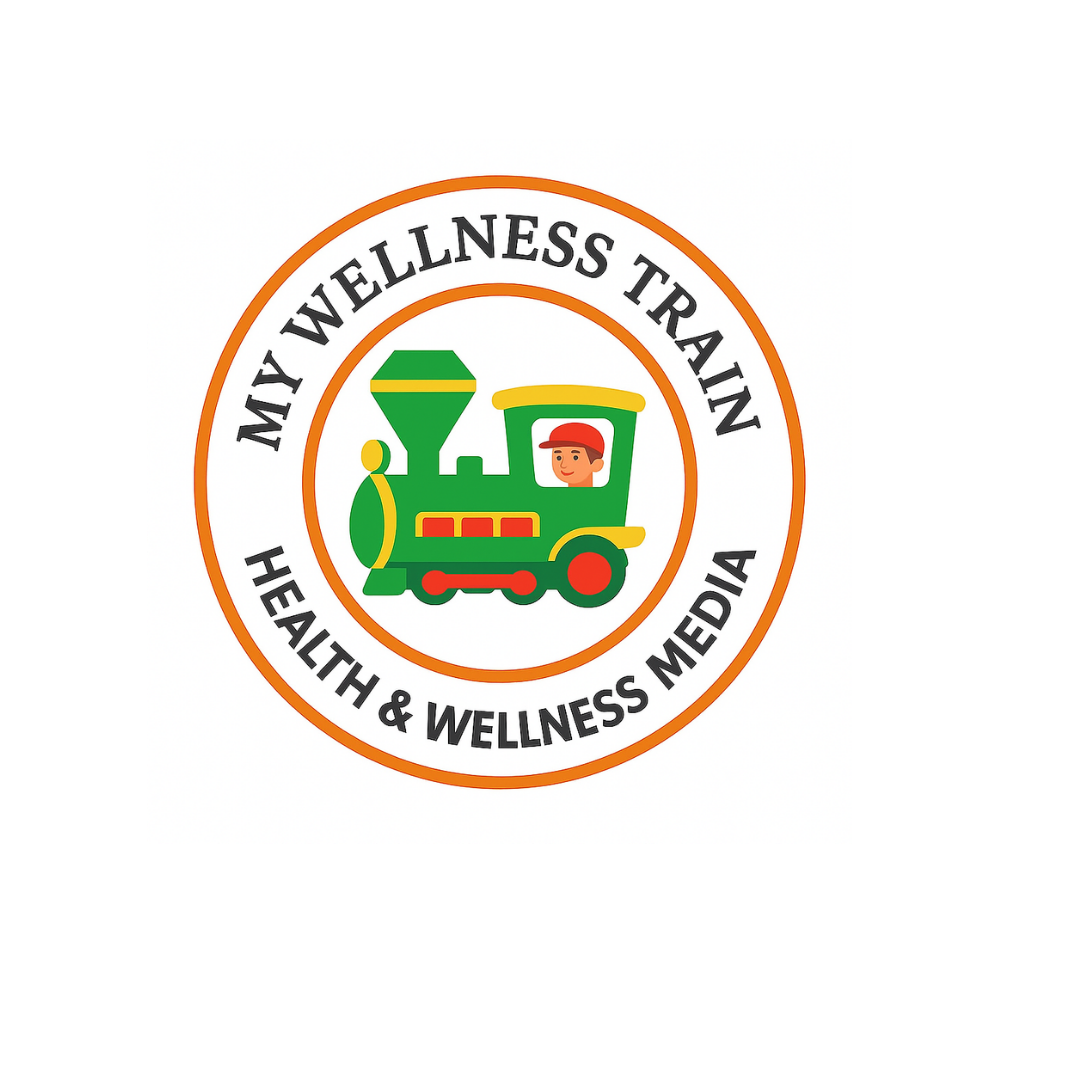
Understanding Vascular Health: The Key to Longevity
Vascular health is often overlooked in discussions about overall health, yet it's crucial for our heart and can play a significant role in preventing cardiovascular disease. As we age, maintaining vascular health becomes increasingly important, especially for those over 35. With a clear understanding of how lifestyle choices impact our vascular system, individuals can make informed decisions that enhance their well-being and reduce the risk of heart disease.
In Vascular Health: Protect Your Heart and Prevent Cardiovascular Disease, the discussion dives into critical insights on maintaining a healthy heart, prompting us to explore its wider implications for health and wellness.
The Importance of Nutrition in Vascular Health
Nutrition plays a vital role in maintaining optimal vascular health. A balanced diet rich in fruits, vegetables, whole grains, and healthy fats supports heart function and helps reduce inflammation. Incorporating foods high in omega-3 fatty acids, such as fish and nuts, can contribute to improved blood flow and lower the risk of heart-related issues. Additionally, it's essential to limit processed foods and sugars that can adversely affect cholesterol levels and overall heart health.
How Exercise Enhances Vascular Function
Regular physical activity is another cornerstone of vascular health. Engaging in an exercise routine not only strengthens the heart but also improves circulation throughout the body. Whether it’s walking, cycling, or participating in group classes, staying active facilitates better oxygen delivery and nutrient absorption in the bloodstream. For those looking to enhance their cardiovascular health, a mix of aerobic and strength training exercises is particularly beneficial.
Emotional Well-being: A Hidden Factor
Emotional health is intimately connected to physical health, and this link is especially critical when discussing cardiovascular well-being. Chronic stress can lead to hypertension and other cardiovascular issues, making stress management techniques, such as mindfulness and relaxation exercises, vital components of a healthy lifestyle. Seeking support through wellness coaching or workshops can also positively influence emotional wellness, contributing to better heart health.
Creating a Comprehensive Wellness Routine
Designing a wellness routine that encompasses various aspects of health is essential for long-term success. This includes not just physical activity and nutrition, but also prioritizing sleep health and hydration. Ensuring adequate sleep allows the body to heal and regulate itself effectively, while staying hydrated supports all bodily functions, including circulation. Developing these healthy habits contributes to an overarching wellness journey that promotes both physical and emotional health.
Steps You Can Take Today
Beginning a personal wellness journey can start with small, manageable steps. Here are a few actionable insights to consider:
- Set Goals: Whether it's to walk 10,000 steps a day or to consume more vegetables at each meal, setting realistic goals can provide motivation and clear direction.
- Track Your Progress: Keeping a wellness journal or using a health app can help track dietary intake, exercise, and emotional well-being, providing data that highlights progress.
- Seek Community Support: Joining a wellness program or local fitness community can create a social network of accountability and encouragement, essential for motivating and sustaining healthy behaviors.
Mindfulness and Its Role in Cardiovascular Health
Incorporating mindfulness practices into daily routines can reduce stress and enhance emotional wellness. Techniques such as meditation or yoga not only calm the mind but also foster better connections between mental and physical health, ultimately supporting vascular health. Taking the time to engage in these practices can drastically impact heart disease prevention.
If you're committed to protecting your heart and enhancing your vascular health, it's time to focus on a holistic approach that encompasses nutrition, physical activity, emotional well-being, and routine wellness check-ups. Managing your health now will help pave the way for a healthier, vibrant future.
 Add Row
Add Row  Add
Add 




Write A Comment